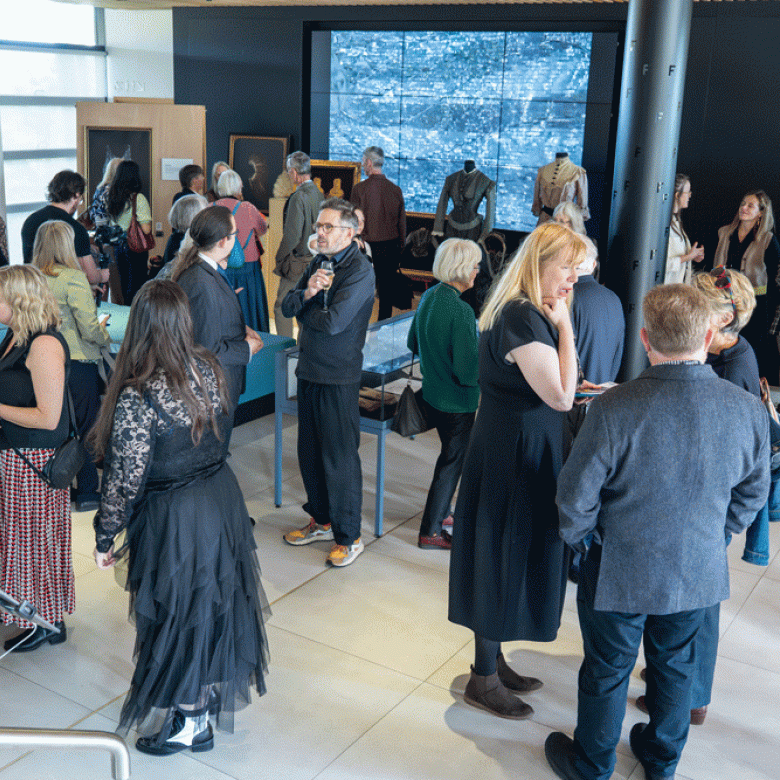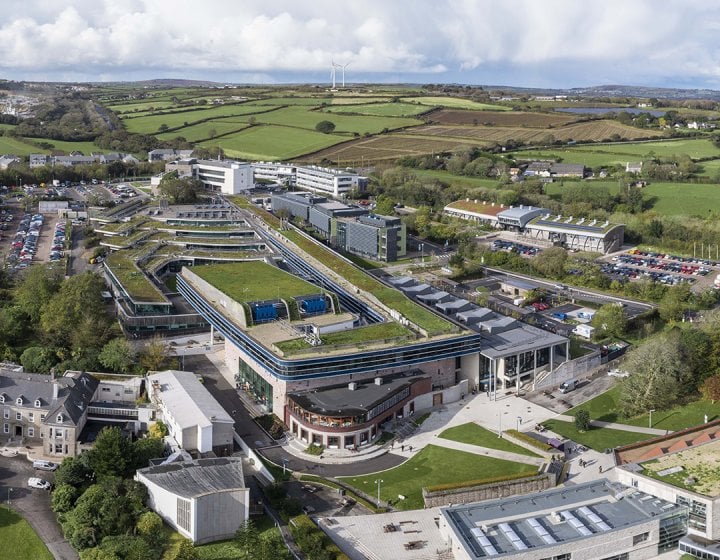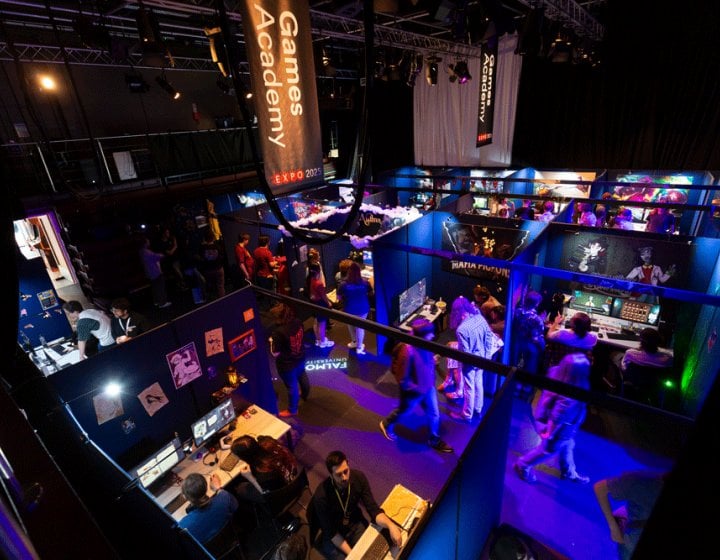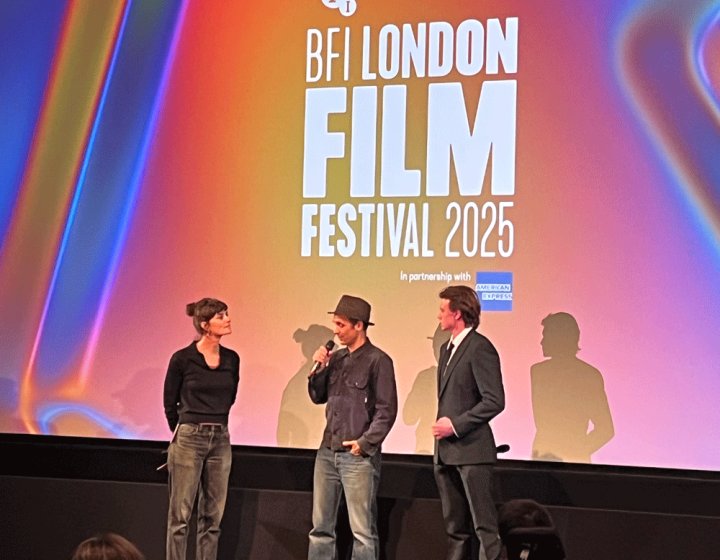Falmouth University takes custodianship of prestigious historic clothing collection
03 November 2025

Computer games, high-definition digital archiving and immersive visitor experiences are just some of the ways Falmouth University is reimagining the future of fashion heritage after becoming custodian of a renowned collection of more than 40,000 garments dating back to the 1700s.
The Devonshire Collection of Period Costume was founded in 1967 by theatre enthusiasts Peter Clapham, Paula Morel and Annette Ingold, who combined their personal collections of historical garments. Over the years they built one of the largest privately owned dress and textile collections in the UK, displayed for decades in a dedicated museum in a Grade I listed house on Totnes High Street.
Earlier this year as the museum’s lease came to an end, a charitable trust was created and arrangements made for Falmouth University to become custodians for the next five years after. Falmouth was chosen as the new home to keep the collection in the Southwest and benefit from the university’s expertise across fashion, technology and the creative industries.
Roger Tilbury, Chair of the Devonshire Collection of Period Costume, and part of the newly formed charitable trust, said:
“When the lease came to an end, the trustees had to find custodians who shared our understanding and enthusiasm for the Collection. Falmouth University has those, the specialist conservation skills to care for garments up to 350 years old, and importantly the creativity and technology to bring them to life for new audiences. The Devonshire Collection isn’t just about preserving clothing — it’s about keeping history, craft and imagination alive and Falmouth offers all that.”
Six months on, the collection has been installed in a new £25,000 climate-controlled facility and extensively catalogued. An inaugural exhibition now showcases the first phase of exploration and sparks ideas for future research, collaboration and public engagement, involving staff, students and local businesses.
Project lead Julie Ripley, Course Leader for Costume Design for Film & Television BA(Hons) said:
“It is an honour for Falmouth University to have been entrusted with the custodianship of this highly prized collection. It captures perfectly our mission to use the legacy of our 120 years of art school heritage, while harnessing the possibilities of creativity and technology. The chance to make the collection relevant to new audiences, creatives, Cornish businesses and experts through technology is extremely exciting. We’ve only just begun to scratch the surface of what’s possible.”
Working with colleagues from the university’s £7 million Centre for Blended Realities, the Games Academy, and the Fashion and Textiles Institute, alongside Newquay-based technology company Logical Choice and the Royal Cornwall Museum, the team is exploring how digital tools can transform access to and understanding of heritage collections.
Starting with two 1920s sequined dresses, which are notoriously difficult to capture accurately, Falmouth collaborated with The Logical Choice, which operates one of only two ultra high-powered Metis scanners in Europe. The resulting scans, along with others captured by the Centre for Blended Realities, have been imported into a games engine to demonstrate how the collection could be used in computer games and immersive museum experiences.
Ralph Wills, from The Logical Choice, said:
“It’s been a privilege to work with Falmouth University to bring heritage into the digital age. Thanks to funding from the Good Growth Shared Prosperity Fund, we recently acquired new Metis scanning technology, which allows us to work with delicate pieces and showcase the power of innovation in preserving and reimagining the past. The Metis can also capture art, ceramics, and a limitless range of materials with incredible detail. We’re only just beginning to explore what’s possible.”




